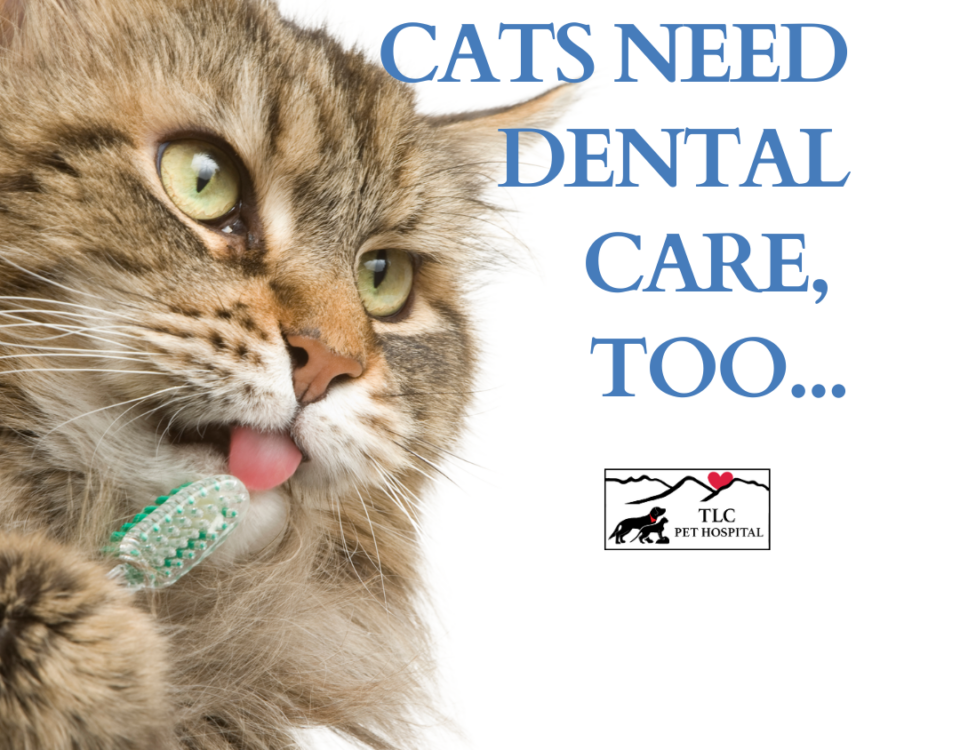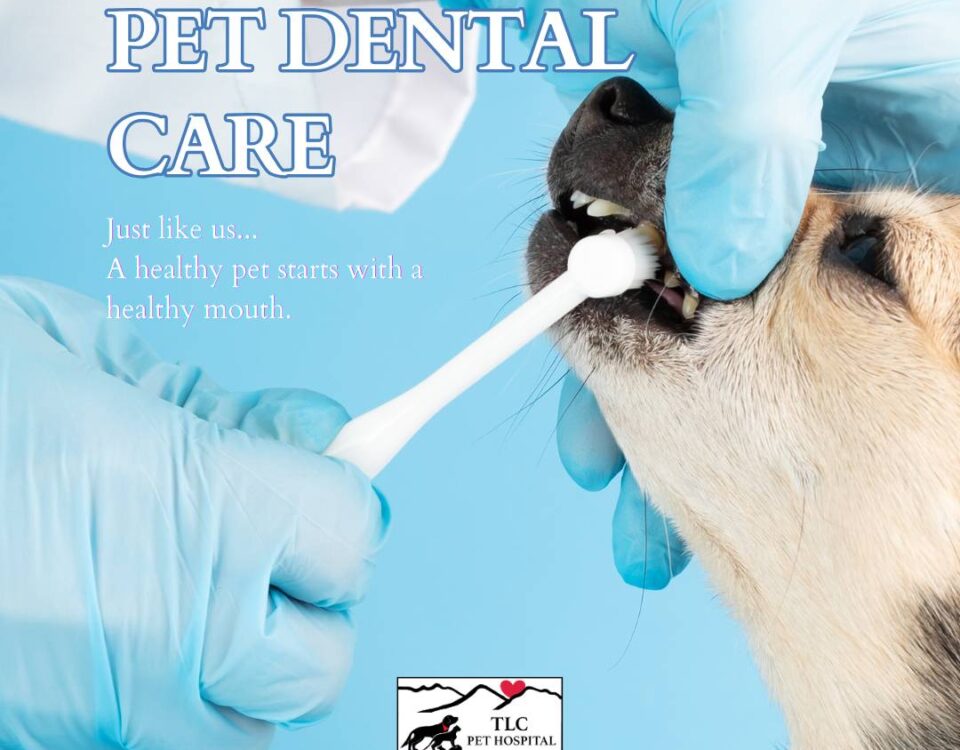
Bad Breath
November 23, 2015
Hyperthyroidism
November 30, 2015What Are Hairballs?
Most cat owners are familiar with the sight and sound of their kitty producing hairballs. Rid by vomiting, hairballs are common in cats and are usually a byproduct of feline hygiene.
What Causes Hairballs in Cats?
During a cat’s daily grooming regimen, he may inadvertently swallow loose hair, which generally passes through the digestive system into the cat’s stool. Some hair can remain, however, and collect in the stomach or small intestine, causing the cat to hack, gag or retch until he vomits the offending detritus. The hair that is vomited can appear matted or tubular in shape.
What Are the General Symptoms of Hairballs?
The primary symptoms of hairballs are periodic hacking, gagging and vomiting. Hairballs may also cause decreased appetite and constipation. You might see accumulated hair in the vomited material. However, sometimes a hairball can cause an upset stomach and the cat will bring up just food or mucus.
What Should I Do If I Think My Cat Has Hairballs?
If your cat’s gagging continues for more than one day or if he seems constipated or has diarrhea, please see your veterinarian. In rare cases, hairballs can get stuck in the esophagus or cause intestinal blockages, which may require surgery to correct. These symptoms can also be signs of a more serious condition. It’s a good idea to consult with your vet if you see any of these abnormal clinical signs.
Are Certain Cats Prone to Hairballs?
Long-haired cats, those who shed excessively and those who groom themselves compulsively are especially prone to hairballs. In some cases, frequent vomiting of hairballs may indicate an underlying gastrointestinal problem, such as inflammatory bowel disease or cancer.
How Can I Prevent Hairballs?
If your veterinarian has determined that hairballs are causing your cat’s occasional vomiting, there are several ways to help decrease their formation:
- Brush your cat to decrease the amount of hair that is ingested. If he has long hair, try to brush him daily. Afterwards, wipe your cat with a clean cloth to remove any loose hairs.
- Feed your pet commercial cat food specifically formulated to reduce hairballs. By improving skin and coat health, reducing shedding and increasing the amount of fiber in your cat’s diet, certain foods can decrease the formation of hairballs.
- Give your cat a hairball remedy or lubricant, available at most pet supply stores, to encourage the passage of hair through the intestinal tract. Such products should be used as directed.
- If your cat grooms himself excessively, give him a new toy or engage him in play to distract him from this activity. You will not only reduce the incidence of hairballs, but also spend some quality social time with your furry friend.
https://www.aspca.org/pet-care/cat-care/hairballs



